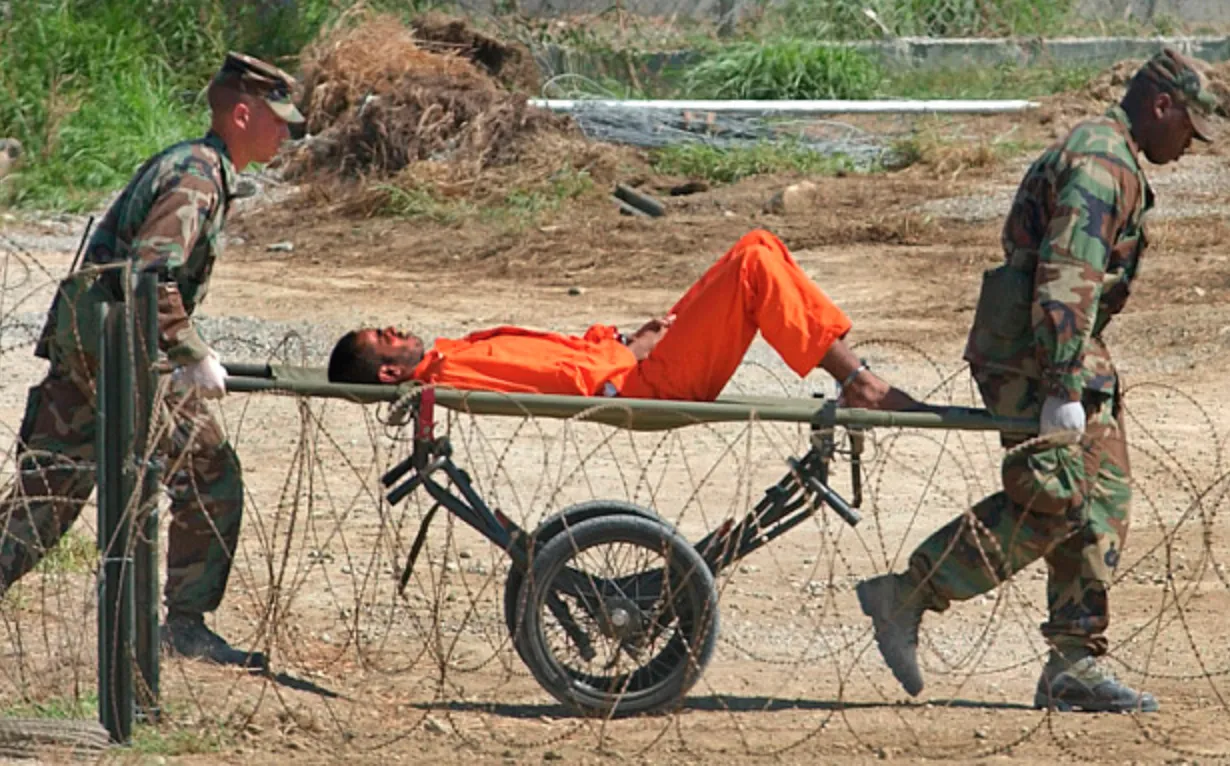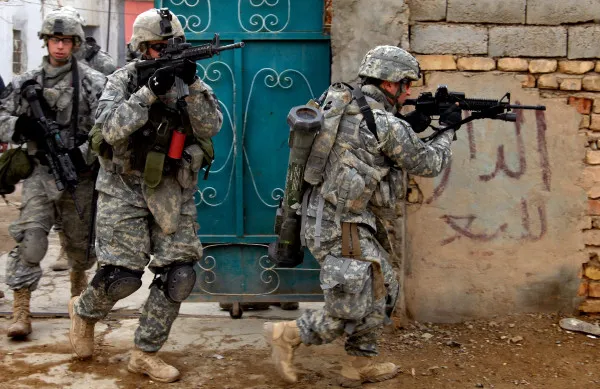Table of Contents
Should America stand ashamed? If you have been convinced by the Senate Select Intelligence Committee’s summary report on CIA detention and interrogation programs during the Bush era, then the answer is unequivocally yes. The report chiefly claims that “the interrogations of CIA detainees were brutal and far worse than the CIA represented” and that “the use of enhanced interrogation techniques was not an effective means of acquiring intelligence.”
In some cases, the cruelty is truly astonishing. Leaving a detainee chained to a wall without pants and causing him to die from hypothermia is simply inexcusable. Rectally infusing a purée of food into a detainee is horrifying. These methods fail to meet even the most lenient standards for legitimate interrogations.
However, the report’s conclusions must be considered in the context of their author’s political agendas. Led by Senator Diane Feinstein (D-CA) the report was rejected by all but one Republican on the Committee. More importantly, the report failed to interview even a single past or present member of the CIA. This has driven former CIA Directors George Tenet, Porter Goss, and Michael Hayden to label it as “a one-sided…partisan attack on the agency”.
What’s more, these Senate Democrats were the very people who advocated for extreme measures after 9/11. In 2002, the New York Timesquoted Senator Feinstein as saying, “We have to do some things that historically we have not wanted do to protect ourselves.” When asked if America should send Khalid Sheik Mohammed to a nation without restrictions against torture in 2003, Vice-Chairman of the Senate Intelligence Committee, Senator Jay Rockefeller (D-WV) said, “I wouldn’t take anything off the table where [Khalid Sheik Mohammed] is concerned.”
Former Deputy Director of the CIA Jose Rodriguez wrote that the CIA was constantly assured that its actions were legal. In fact, he claims that the leaders of the Senate and House Intelligence Committees were briefed on the CIA’s enhanced interrogation program over 40 times. Surely there is some hypocrisy in pressuring the CIA to do everything possible to defeat terrorism, approving its actions as they happened, and then admonishing them after the threat begins to dissipate. After all, many of these same democrats who now reprimand the CIA have remained silent about President Obama’s drone attacks. One wonders how assassinating a terror suspect without trial, military tribunal, or any interrogation ranks as any less ‘brutal’ than waterboarding that same suspect.
However, the taboo surrounding the word ‘torture’ is perhaps of even greater interest. Jonah Goldberg bemoans in National Review Online that it allows for no ambiguity; there can be no good form of torture. Yet this absolutism is misplaced. Torture, the imposition of pain and fear, is fundamentally a type of violence. Just as punching someone and shooting them in the head are dissimilar, depriving sleep and chopping off fingers are morally distinguishable techniques. Even shooting someone is not always wrong. Our legal system recognizes and codifies this moral sentiment by calling the deliberate shooting of an innocent civilian ‘murder’. The shooting of a soldier on a battlefield, however, merely becomes ‘wartime killing’. The shooting of a would-be-murderer is ‘self-defense’. With violence, it seems obvious that the type, the context, and the intent all matter greatly.
Unlike killing, however, torture is not allowed a broad moral vocabulary. The term ‘enhanced interrogation techniques’ is often dismissed as equivocation, nothing more than a semantical way to justify cruelty. However, there are distinct categories of torture that must not be confused. Sadistic torture is wrong. Retributive torture as punishment for crime is barbaric, though perhaps some arguments to the contrary can be made. Interrogative torture, on the other hand, is entirely separate from the others, attempting only to retrieve information. Most people understand that stopping the imminent greater evil can justify choosing the lesser evil; CIA waterboarding, then, as horrible as it may have been, was clearly morally different and more acceptable than the label ‘torture’ suggests. Indeed, according to a recent poll, a full 59% of Americans think that post-9/11 interrogation techniques were justified.
Although the Senate Democrats insisted that the techniques were brutal partially by virtue of their ineffectiveness, the three former directors of the CIA, the current CIA director, the rest of the Senate Intelligence Committee, and some military experts fiercely disagree, citing (i) the capture of Hambali, the ‘South Asian bin Laden’ who planned attacks on Los Angeles; (ii) the capture of the second shoe bomber; (iii) the capture of Dhiren Barot and his operationally capable terrorist cell in the UK; and (iv) at least 16 other direct benefits of the enhanced interrogations.
The report’s findings, unsatisfactory as they may be, must also be kept in perspective. As David French from the American Center for Law and Justicenotes, “…the numbers implicated by the worst aspects of this report seem to be less than ten.” The CIA’s program was also found legal by two separate Justice Department investigations, one by Attorney General Eric Holder’s rather liberal administration. Commentator Andrew McCarthy writes that the legal definition of torture is far stricter than the political one, “precisely to ensure that the term is not trivialized.”
Let us also that not forget the CIA designed its program at a time when it had hard evidence that bin Laden was meeting with Pakistani nuclear scientists, trying to manufacture anthrax, and planning more attacks on US soil. These very real threats caused people as disparate as Diane Feinstein and Jose Rodriguez to agree: the CIA had to do what the circumstances demanded.
The Senate report may prompt a wave of recriminations, but it should also cause us to reassess the scope of the torture taboo. Generally speaking, physical violence was used not out of sadism or vindictiveness, but out of a desire to keep Americans from being massacred like they were on 9/11. In this mission, it has been successful. Reasonable people can differ over whether or not CIA methods were justified, but please – let’s not condemn the men and women who served our nation in its time of need as torturers without looking at the whole story.







